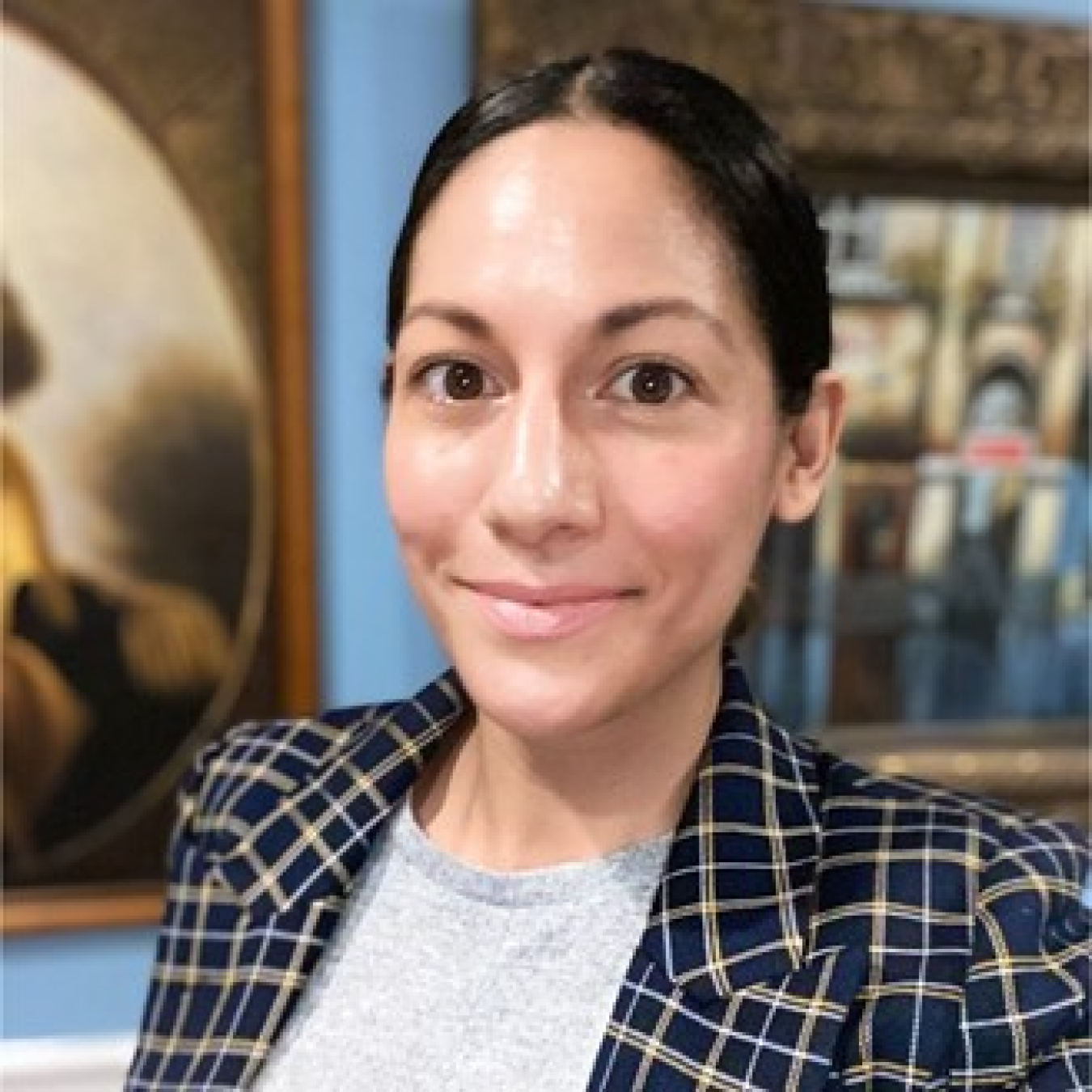Preventing the proliferation of nuclear weapons around the world and averting the use of radioactive materials by domestic and international criminal elements are major NNSA missions that Paloma Richard has contributed to since joining the agency in 2010.
National Nuclear Security Administration
July 12, 2021
Preventing the proliferation of nuclear weapons around the world and averting the use of radioactive materials by domestic and international criminal elements are major NNSA missions that Paloma Richard has contributed to since joining the agency in 2010.
A member of the senior leadership team in the Office of Nuclear Incident Policy and Cooperation since September 2020, she previously served in the Office of Material Disposition, where she managed the disposition of excess weapons-grade materials, so they would no longer be available for weapons use.
“There are a lot of synergies between the Offices of Defense Nuclear Nonproliferation (DNN) and Counterterrorism and Counterproliferation (CTCP),” she said. “Leveraging the relationships I built in DNN has been helpful to me when coordinating in areas where both have equities. One of the great things about working at NNSA is that the mission is not only critical to national nuclear security, but that the issues are broad and multi-faceted, ranging from nonproliferation and counterterrorism measures to incident response and consequence management.”
One of the great things about working at NNSA is that the mission is not only critical to national nuclear security, but that the issues are broad and multi-faceted, ranging from nonproliferation and counterterrorism measures to incident response and consequence management.
One focus area in DNN is reducing the risk of proliferation by minimizing, and where possible, eliminating weapons-usable nuclear materials in civilian use. In CTCP, the focus is on both minimizing the risk through capacity building for emergency preparedness and response, such as securing major public events and performing maritime searches, but also on creating the policies and capabilities needed to respond to a radiological or nuclear incident, particularly internationally.
“DNN provided me with a good understanding of the preventative measures we can take to lessen the probability of these incidents,” she said. “I can apply that knowledge in my current position with a better understanding of how to prepare for an event and what could be done after a radiological or nuclear incident to mitigate the effects.”
Richard has managed difficult missions like the disposition of excess weapons-grade and radioactive waste. Those experiences helped her appreciate how good NNSA’s teams are at accomplishing those missions.
“I’ve been fortunate to work with wonderful people throughout the complex and lead operational teams at Y-12, Savannah River Site, PNNL, Pantex, and LANL,” she said. “One of the biggest lessons I’ve learned has been just how broad and far reaching our work is. From helping international partners secure their ports and borders, to dispositioning weapons-grade materials that had been in storage for decades. It has been eye-opening to understand all of the stakeholders who have interests in what we do.”
Beyond her mission work, Richard serves as a mentor for both the NNSA Graduate Fellowship and Minority Serving Institutions Partnership Program (MSIPP) and is a member of the Executive Board of the DOE Professional Opportunities for Women at Energy Realized (POWER) employee resource group.
“I see opportunities for women improving, though it’s been slow and a long time coming,” she said. “I can’t emphasize enough how wonderful it is seeing women in top leadership positions such as DOE Secretary Granholm. In recent years, there has been more emphasis on improving opportunities for women and minorities at DOE, but there is still work to be done.”
She noted how programs such as MSIPP are very important because DOE/NNSA reach out to individuals who might not have otherwise known about, or considered a career at DOE or NNSA.
“Through MSIPP, we’re able to provide minority students with substantive and exciting summer internship opportunities so that hopefully when they graduate, they’ll consider applying to a federal position at DOE,” she said.
Richard graduated from Stanford University in 2005 with a Bachelor of Arts in political science and earned her J.D. from Georgetown Law in 2011. She is a member of the National Defense University’s Program for Emerging Leaders 08 Class and American University’s Key Executive Leadership OE67 Cohort.
Richard first joined DOE in 2006, serving one year as a contractor before joining the federal workforce under the DOE Federal Intern Program in 2007. She served in DOE’s Office of Civilian Radioactive Waste Management with assignments in the Office of Nuclear Energy and the Office of General Counsel before joining NNSA.

